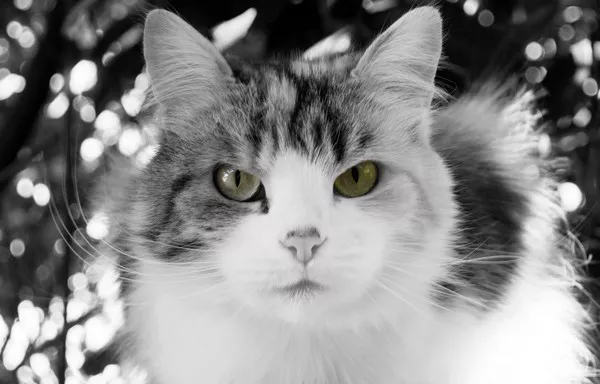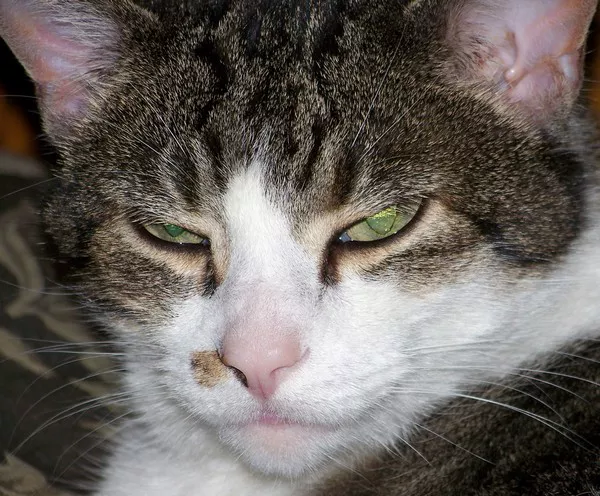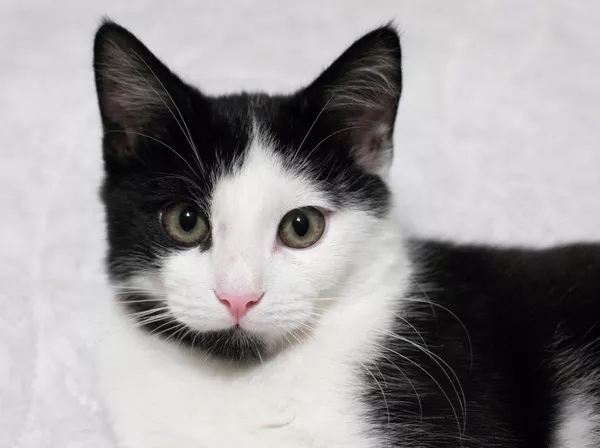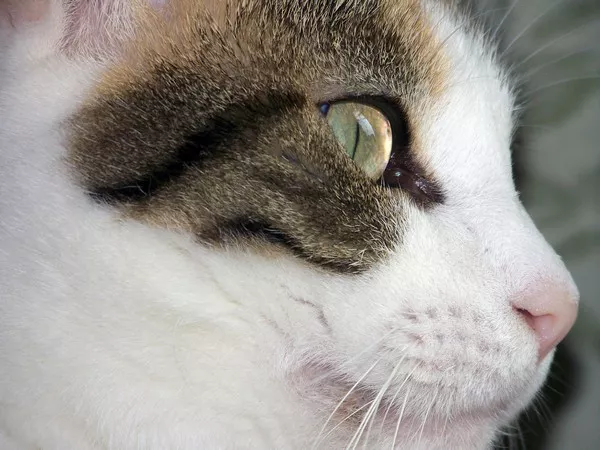Urinary health is a critical aspect of overall well-being in cats, and diet plays a significant role in maintaining it. Understanding the specific dietary needs of your feline friend can help prevent urinary issues such as urinary tract infections (UTIs), bladder stones, and other related conditions. This article will explore the key components of a cat urinary health diet, offering insights into the importance of nutrition, types of food, and practical tips for cat owners.
Cat Urinary Health
The Anatomy of a Cat’s Urinary System
Before diving into the dietary aspects, it’s essential to understand the anatomy of a cat’s urinary system. The system includes the kidneys, ureters, bladder, and urethra. The kidneys filter waste from the blood, producing urine that travels through the ureters to the bladder, where it is stored before being excreted through the urethra. Any disruption in this process can lead to urinary health problems.
Common Urinary Health Issues in Cats
Cats are prone to several urinary health issues, including:
Urinary Tract Infections (UTIs): Bacterial infections that can cause discomfort and pain.
Feline Lower Urinary Tract Disease (FLUTD): A broad term encompassing various conditions affecting the bladder and urethra.
Bladder Stones (Uroliths): Crystals or stones that form in the bladder, often leading to blockage.
Urethral Obstruction: A life-threatening condition where the urethra becomes blocked, preventing urination.
Signs of Urinary Health Problems
Recognizing the signs of urinary health issues is crucial for timely intervention. Common symptoms include:
- Straining to urinate
- Frequent attempts to urinate with little or no output
- Blood in the urine
- Licking the genital area excessively
- Crying out in pain while urinating
- Urinating outside the litter box
The Role of Diet in Cat Urinary Health
Why Diet Matters
Diet is a primary factor in maintaining urinary health in cats. The right diet can help prevent the formation of crystals and stones, reduce the risk of infections, and support overall urinary tract function. Cats have unique dietary needs, and understanding these can make a significant difference in their urinary health.
Key Nutrients for Urinary Health
Several key nutrients play a vital role in supporting urinary health in cats:
Water: Hydration is crucial for diluting urine and flushing out toxins.
Protein: High-quality animal protein is essential, but excessive protein can contribute to crystal formation.
Minerals: Calcium, magnesium, and phosphorus must be balanced to prevent stone formation.
pH Levels: The diet should promote an optimal urine pH (around 6.0-6.5) to prevent crystal formation.
Cranberry Extract: Known for its ability to prevent bacteria from adhering to the urinary tract lining, cranberry extract can be a beneficial supplement.
See Also: Cat Urinary Tract Infections: Symptoms, Diagnosis, Prognosis, & Treatment
Types of Cat Food for Urinary Health
Wet vs. Dry Food
When it comes to urinary health, the debate between wet and dry food is ongoing. Here’s a breakdown:
Wet Food: Generally recommended for cats with urinary issues due to its higher moisture content, which promotes hydration. It also tends to have fewer carbohydrates and a higher protein content.
Dry Food: While convenient, dry food has lower moisture content, which may contribute to dehydration and concentrated urine. However, some specialized dry foods are formulated for urinary health.
Specialized Urinary Health Diets
There are commercially available diets specifically designed to support urinary health. These include:
Prescription Diets: Often recommended by veterinarians, these diets are formulated to dissolve existing crystals or stones and prevent new ones from forming.
Over-the-Counter Urinary Health Foods: These are available without a prescription and are formulated to maintain urinary tract health in cats prone to urinary issues.
Homemade Diets
For those who prefer a more hands-on approach, homemade diets can be tailored to support urinary health. However, it’s crucial to consult with a veterinarian or a pet nutritionist to ensure the diet is balanced and meets all of your cat’s nutritional needs.
Raw Diets
Some cat owners opt for raw diets, believing they more closely mimic a cat’s natural diet. While raw diets can be beneficial, they must be carefully balanced to avoid nutrient deficiencies and should be prepared with caution to prevent bacterial contamination.
Nutritional Considerations for Preventing Urinary Issues
Hydration is Key
Ensuring your cat stays hydrated is one of the most important aspects of preventing urinary issues. Here’s how you can encourage more water intake:
Wet Food: As mentioned earlier, wet food contains more moisture, which can help keep your cat hydrated.
Water Fountains: Many cats prefer running water, so a water fountain can encourage them to drink more.
Multiple Water Stations: Place water bowls in different areas of your home to encourage more frequent drinking.
Maintaining Optimal pH Levels
The pH of your cat’s urine plays a crucial role in preventing crystal and stone formation. A diet that promotes a slightly acidic urine pH (around 6.0-6.5) is ideal. Foods with the right balance of ingredients can help maintain this optimal pH level.
Controlling Mineral Content
Excessive minerals like calcium, magnesium, and phosphorus can contribute to the formation of crystals and stones. It’s essential to choose a diet with controlled mineral levels to reduce this risk.
Avoiding Excessive Carbohydrates
Cats are obligate carnivores, meaning they thrive on animal protein. Diets high in carbohydrates can lead to weight gain and diabetes, which can, in turn, contribute to urinary problems. Stick to high-protein, low-carb diets to support urinary health.
Cranberry and Other Supplements
Certain supplements, like cranberry extract, have been shown to support urinary health by preventing bacteria from sticking to the urinary tract lining. However, it’s essential to use supplements with caution and under the guidance of a veterinarian.
Transitioning to a Urinary Health Diet
Consulting with Your Veterinarian
Before making any changes to your cat’s diet, it’s crucial to consult with your veterinarian. They can recommend the best diet based on your cat’s specific needs and health history.
Gradual Transition
When switching your cat to a new diet, do so gradually to avoid digestive upset. Start by mixing a small amount of the new food with the old food, gradually increasing the proportion of new food over a week or two.
Monitoring Your Cat’s Response
Keep a close eye on your cat’s behavior, litter box habits, and overall health after transitioning to a new diet. If you notice any adverse reactions, consult your veterinarian immediately.
Practical Tips for Cat Owners
Regular Veterinary Check-Ups
Regular veterinary check-ups are essential for monitoring your cat’s urinary health. Routine urine tests can detect early signs of urinary issues before they become serious.
Weight Management
Maintaining a healthy weight is crucial for preventing urinary problems. Overweight cats are at a higher risk of developing conditions like diabetes, which can lead to urinary issues. Ensure your cat’s diet supports healthy weight management.
Litter Box Hygiene
Keep your cat’s litter box clean to encourage regular urination and reduce the risk of urinary tract infections. Provide enough litter boxes for multiple cats, and consider the placement and type of litter to suit your cat’s preferences.
Stress Reduction
Stress can contribute to urinary problems, especially FLUTD. Create a calm environment for your cat, with plenty of hiding spots, toys, and regular interaction to reduce stress.
Conclusion
A well-balanced diet is a cornerstone of urinary health in cats. By understanding the specific dietary needs of your feline friend and choosing the right foods, you can help prevent urinary issues and ensure a happy, healthy life. Always consult with your veterinarian before making any dietary changes, and keep a close eye on your cat’s health to catch any potential problems early. With the right approach, you can support your cat’s urinary health and overall well-being for years to come.
Related Topics
A New Cat Urine Test Kit for Home Detection of Urinary Tract Diseases























